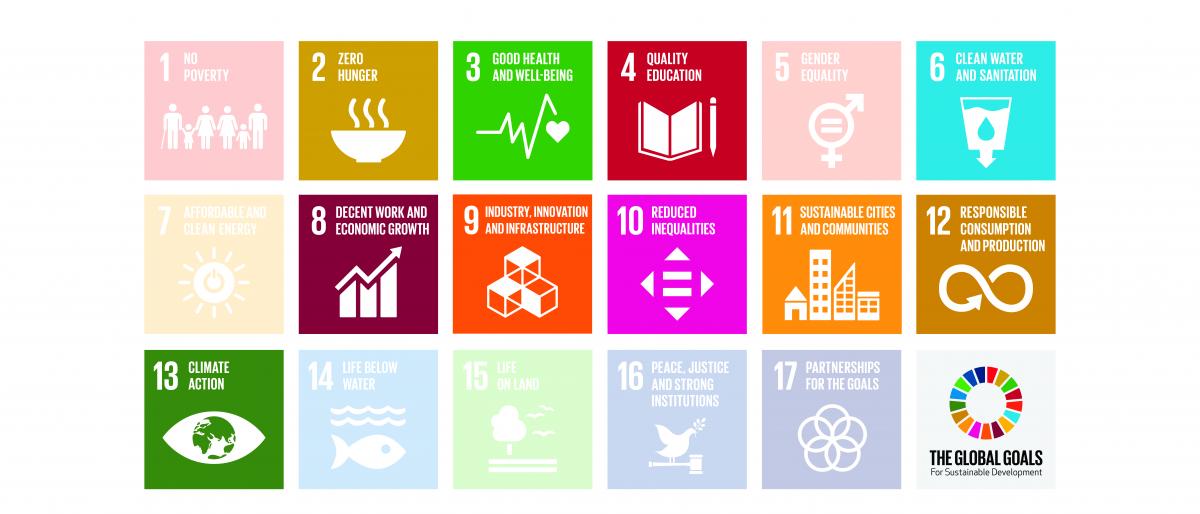
Sustainable Development Goals of the United Nations
Sustainable Development Goals
The United Nations General Assembly created the Sustainable Development Goals (SDGs) in 2015. These goals define the world that the United Nations wants to create. They are intended to apply throughout the world and the intention is to ensure that no country is left behind. The 17 SDGs represent the 2030 Agenda and specifically the more positive map of the world that the United Nations seeks. From the 17 global goals, a total of 169 targets were defined by the United Nations.
Adoption of SDGs
The SDGs have received considerable backing from the international business community. With regard to sustainability reporting, 95% of reporting reviewed by the World Business Council for Sustainable Development (WBCSD) in 2019 acknowledged SDGs while 86% of reporting gave priority to specific SDGs. This is a clear recognition of the intent of businesses across the globe to realizing the SDGs.
We chose to publish the SDGs that we are focusing on in our CSR report and on our website; they act as a compass for our strategy, our employees, and also for our stakeholders.
Our approach
We started by identifying what we aspire to achieve and following this, we worked on completing and finalizing our materiality on Environmental, Social, and Governance (ESG) or CSR (Corporate Social Responsibility) topics. This involved identifying and assessing the various potential topics that are most important from the perspective of our business and our stakeholders.
Our aim here is to create a clear and effective tool to indicate the directions we must take in terms of the deployment of our CSR strategy. We want to make our contribution to the bigger goals authentic through our materiality assessment.
We focused on adopting the SDGs of the United Nations that are easily recognizable and to which all of our employees and relevant stakeholders can relate.
Our methodology
We selected the goals in line with the materiality study that we carried out in 2020. From there, we focused on linking the material topics with the Global Reporting Initiative (GRI). Following this, we work at both the measurement and monitoring of targets by using Key Performance Indicators (KPIs). This shows us areas where there is potential room to make a difference.
Ultimately, Tessenderlo Group selected the following ten SDGs out of the 17 Goals
